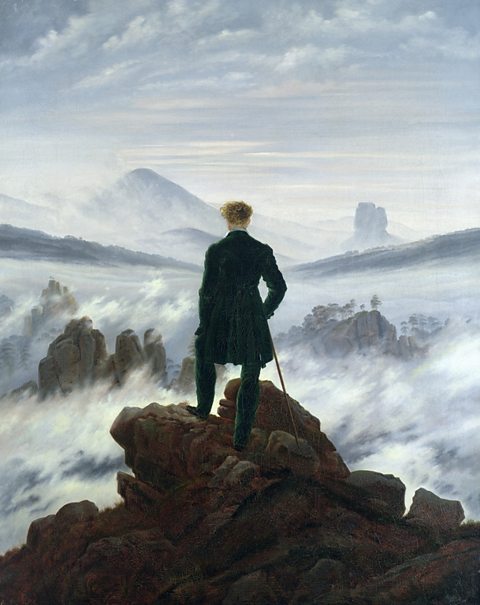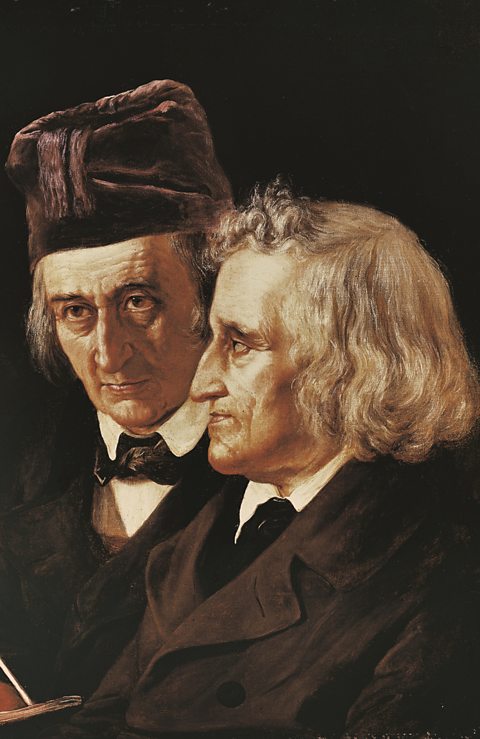Cultural factors for nationalism

Throughout the 19th century, the people living in Germany's different states began to realise that culturally, they were very similar. This led many to believe that the German people should be united politically.
The French occupation of German lands before 1815 resulted in a growth of resentment towards the occupying forces. These feelings led people to react against French ideas and culture. Instead of French Rationalism, German Romanticism flourished. Artists and writers looked to the inner life of individuals. Others evoked the idea of a national spirit or "volk" - something that had existed in the past but been suppressed under Napoleon's rule. A culture emerged that encouraged people of the subjugated states to consider their identity and their roots.
Although there were different dialects among the states, academic studies were showing that these variations emerged from the same source. Hence the German people had language in common.

They shared a common culture and the same taste in literature and music. What became the German national anthem was at the time very popular and sang about ÔÇśGermanyÔÇÖ rising above all else. Writers such as Hegel, Goethe and Schiller recognised similar German characteristics.
Interest in folklore was growing at the time. The Brothers Grimm conducted research and published a collection of folk tales. They presented these as specifically German in origin ÔÇô removing tales and changing details that suggested different origins, particularly French influence.
In 1841, the poet Hoffmann von Fallersleben wrote the words to what was to become the German national anthem. The lyrics talked of ÔÇťDeutschland ├╝ber allesÔÇŁ ÔÇô Germany above everything. It was seen as a plea for leaders to give priority to Germany as a whole, rather than their individual states.
These commonalities encouraged the emergence of a distinct German identity and the potential for unification.